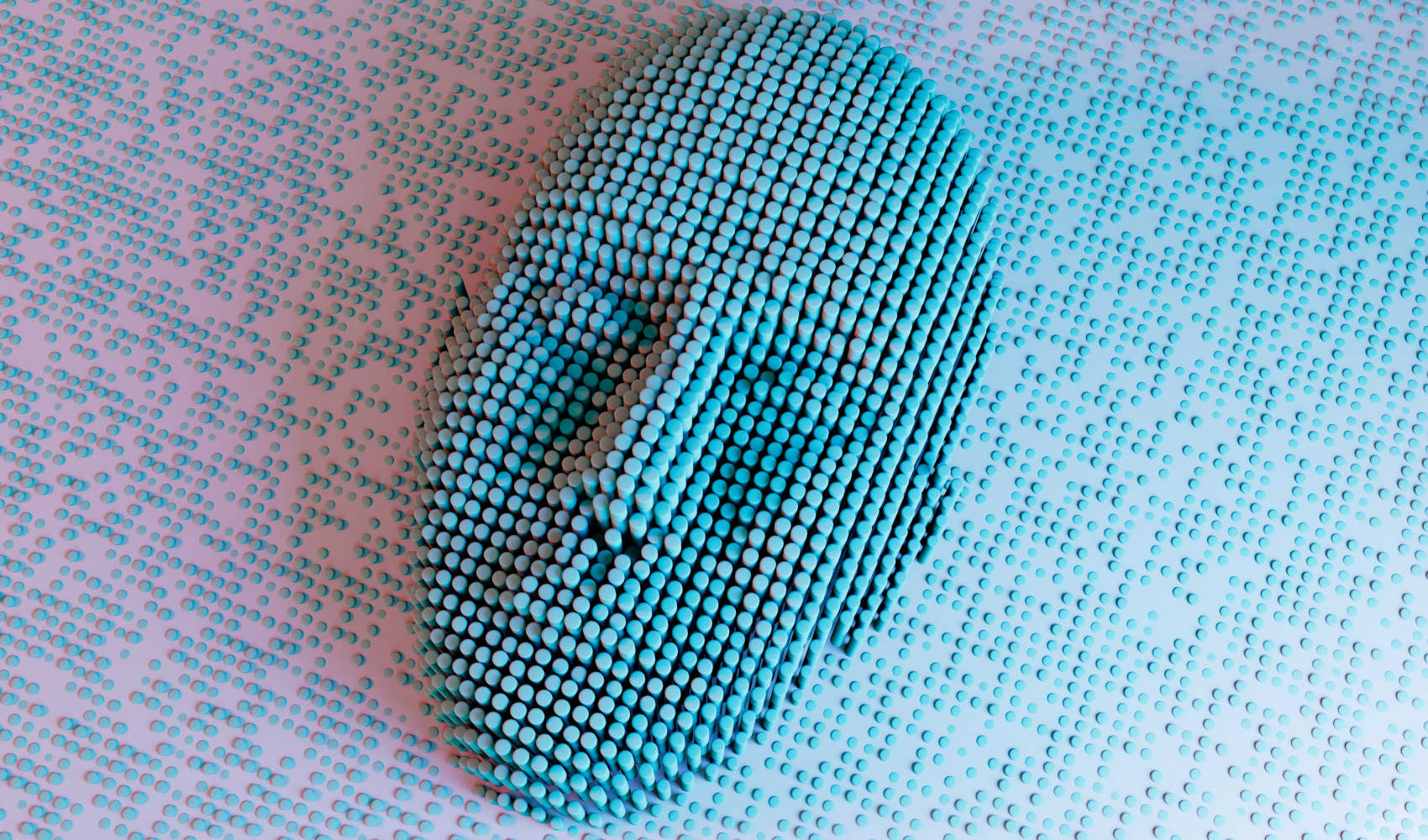
On Sunday night, Donald Trump shared a series of images on Truth Social appearing to show Taylor Swift fans wearing T-shirts that read “Swifties for Trump.” Among the images was a mock “Uncle Sam” poster with Swift’s face that said, “Taylor wants you to vote for Donald Trump.” Trump wrote: “I accept!” While two of the images Trump shared feature a real woman who supports Trump, most of the women depicted there aren’t real. At least 15 of them are representations of people created using artificial intelligence, according to NBC News.
The images Trump shared had originally been posted on X by highly followed pro-Trump accounts. One of those accounts also posted multiple guides to using generative AI tools on its Substack blog. In a reply on X, the same account acknowledged that the images Trump reposted from them were AI-generated.
The new images are part of a social media campaign that some pro-Trump accounts spearheaded over the weekend trying to suggest that more and more fans of Swift, who endorsed Biden and harshly criticized Trump in 2020, are turning to support Trump. In reality, there is little evidence this is the case for a notable number of Swift’s fans, who are called “Swifties.”
“There is no Swifties For Trump movement — but there should be,” wrote one of the accounts that Trump reposted on Truth Social in a caption on the AI-generated images.
Get top local stories in Southern California delivered to you every morning. Sign up for NBC LA's News Headlines newsletter.
Other pro-Trump accounts have also shared AI-generated images that falsely depict Democrat-leaning voter blocs, like Black voters, supporting Trump.
Two of the images Trump shared on Sunday were of real people and featured a Liberty University college student who had a political communications internship this summer, according to her LinkedIn account. Her “Swifties for Trump” social media content flew under the radar with fewer than 1,000 views until large pro-Trump accounts, and then Trump himself, shared it.
The same pro-Trump accounts have also reshared TikToks from women who say they are Swift fans and are voting for Trump, in an effort to promote the idea that Swifties are mobilizing en masse to support Trump. But these videos received far fewer views on TikTok than they did when Trump and his highly followed supporters reshared them.
Representatives for Trump’s campaign and Swift didn’t immediately respond to a request for comment.
Swift has yet to endorse any candidate in 2024, but some of her fans have mobilized to support Vice President Kamala Harris’ campaign. Shortly after President Joe Biden announced he was not running for re-election in July, a group called “Swifties for Kamala” launched on social media. It has more than 61,000 followers on X and is not affiliated with the singer or Harris.
“We do not represent every Swiftie, but I think there is a reason we don’t need AI to show our support for Kamala,” the organization’s co-founder, Irene Kim, told NBC News in a statement.
AI-generated images and videos of Swift have repeatedly gone viral this year, from sexually suggestive ones that broke X’s platform guidelines to other ones that falsely identified Swift as a Trump supporter.
Throughout his presidential term and his campaigns, Trump has repeatedly shared inflammatory memes created by his online supporters. Up until 2021 he shared them on Twitter, but after he was banned from the platform that year, he has shared them on his own Twitter copycat platform, Truth Social. Trump has since returned to posting on X, with an uptick starting Aug. 12, the day he was interviewed by Elon Musk on the platform. Over the weekend, Trump posted a fake image of Harris standing in front of a communist symbol on both X and Truth Social.
It’s not yet clear if the Sunday post or the images violate certain laws around publicity, likeness and AI. In March, Swift’s home state of Tennessee passed updated legislation to protect the unauthorized use of someone’s likeness with AI. While the account that acknowledged the photos were AI-generated labeled them as satire, the account that first published the “Uncle Sam” poster using Swift’s likeness did not.
David Greene, the civil liberties director and senior staff attorney at the Electronic Frontier Foundation, told NBC News that this situation, which is not exclusive to AI-generated content, could overlap with publicity laws that protect people from unauthorized commercial use of their likenesses.
“This is probably a stronger case than many others because false endorsement is at the heart of those claims, though we typically see that in terms of product endorsements,” Greene wrote in an email. “This was just good old low-tech lying.”
This story first appeared on NBCNews.com. More from NBC News:



